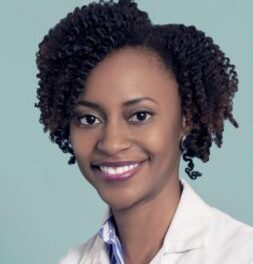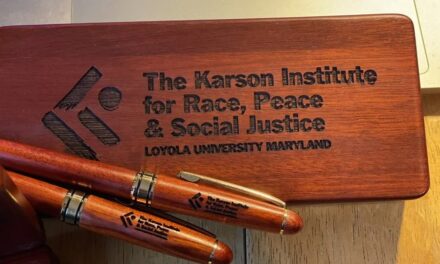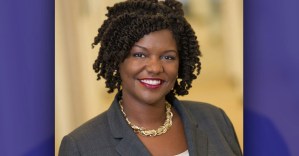Matt Windsor
UAB Reporter
A childhood surgery at UAB helped transform Jimmy Pham into a fighter. When he was 5 years old, his parents moved the family from California to Birmingham to get treatment for a condition that left him constantly sick, lethargic and underweight. “After the surgery, I was able to eat and I had energy to go and play,” Pham said.
As if making up for lost time, Pham has been a whirlwind of activity ever since. He took up karate and then mixed martial arts, becoming heavily involved in tournaments. He learned guitar, dancing and musical theater. And, especially, he wanted to become a doctor.
“In my eyes, that was how I could help people,” Pham said. His parents had immigrated to the United States and did not understand English well when they were trying to get him diagnosed. “I wanted to tackle barriers to health care, access and quality,” he said.
That brought Pham to UAB once again, where he majored in industrial distribution with a concentration in medical equipment and supplies and a minor in chemistry, graduating in 2021. Along the way, his interest moved to another aspect of the health care system: biotechnology and drug development. Now, as a student in UAB’s master’s program in biotechnology, Pham is working as the first business development intern in the Bill L. Harbert Institute for Innovation and Entrepreneurship, where he assists in the commercialization and marketing of UAB’s intellectual property portfolio.
The work “involves a lot of biotech and pharmaceutical company research and analysis — approaching key players in the industry to develop licensing partnerships and potential startups,” Pham said. This is ideal hands-on practice for his career goals, he noted: “I am very interested in developing a drug and taking it to market. I want to know every step, from bench to commercialization.” That is why he found the Master of Science in Biotechnology program irresistible. As the program’s website notes, its goal for students is to “learn to run your own biotechnology business.”
The opportunity to work with the Harbert Institute team fit right in with Pham’s goals. UAB’s commercialization office is one of only 20 percent in the country to consistently turn a profit. In the past 10 years (2013 to 2022), it has launched 32 startups, disclosed 901 inventions and completed 429 license agreements.
Last year, the Harbert Institute had $5.6 million in revenues. “Here, I am able to see how the licensing associates in the Harbert Institute work with investigators on their inventions to the point that they are ready for commercialization,” Pham said. “There’s a lot going on, and I want to learn it all.”
Working for the UFC
What types of treatments is he interested in developing? One possibility was suggested by an unusual gap-year position that Pham held between his college graduation and starting graduate school.
“I grew up doing all kinds of martial arts with my brothers — karate, Brazilian jujitsu, Muay Thai, kickboxing,” Pham said. “Mixed martial arts is very much a contact sport, so I was interested in how UFC took care of their athletes.”
UFC stands for Ultimate Fighting Championship, the major force in mixed martial arts competitions. Pham saw that the company was looking for an athlete performance coordinator, and he applied during the summer of 2021, “thinking I was never going to get it,” he said. But within a few weeks, he had been hired and moved to Las Vegas, where he spent a year working directly underneath UFC’s chief medical officer to coordinate health and performance treatments for UFC athletes.
“I went to the fights and sat at the front watching the fighters and taking note of any injuries that might present,” Pham said. “Afterward we would take them back and see if they needed any medical treatment, coordinate their care, and update key stakeholders regularly on when they would be expected back.”
Pham saw how stem cell treatments were used to accelerate healing among UFC athletes, and he thinks there is potential for biotechnology investment in that space. After he graduates this summer, Pham may go straight into a Ph.D. program or go into consulting and work with startups, he says.
Either way, “with biotech, I am able to explore novel research, be a detective, and discover new ideas and evidence that moves clinical and translational science forward,” he said. “I have always wanted to help people. At the end of the day, I’ve found that biotechnology is where I am able to equip myself with the most knowledge to do that.”











